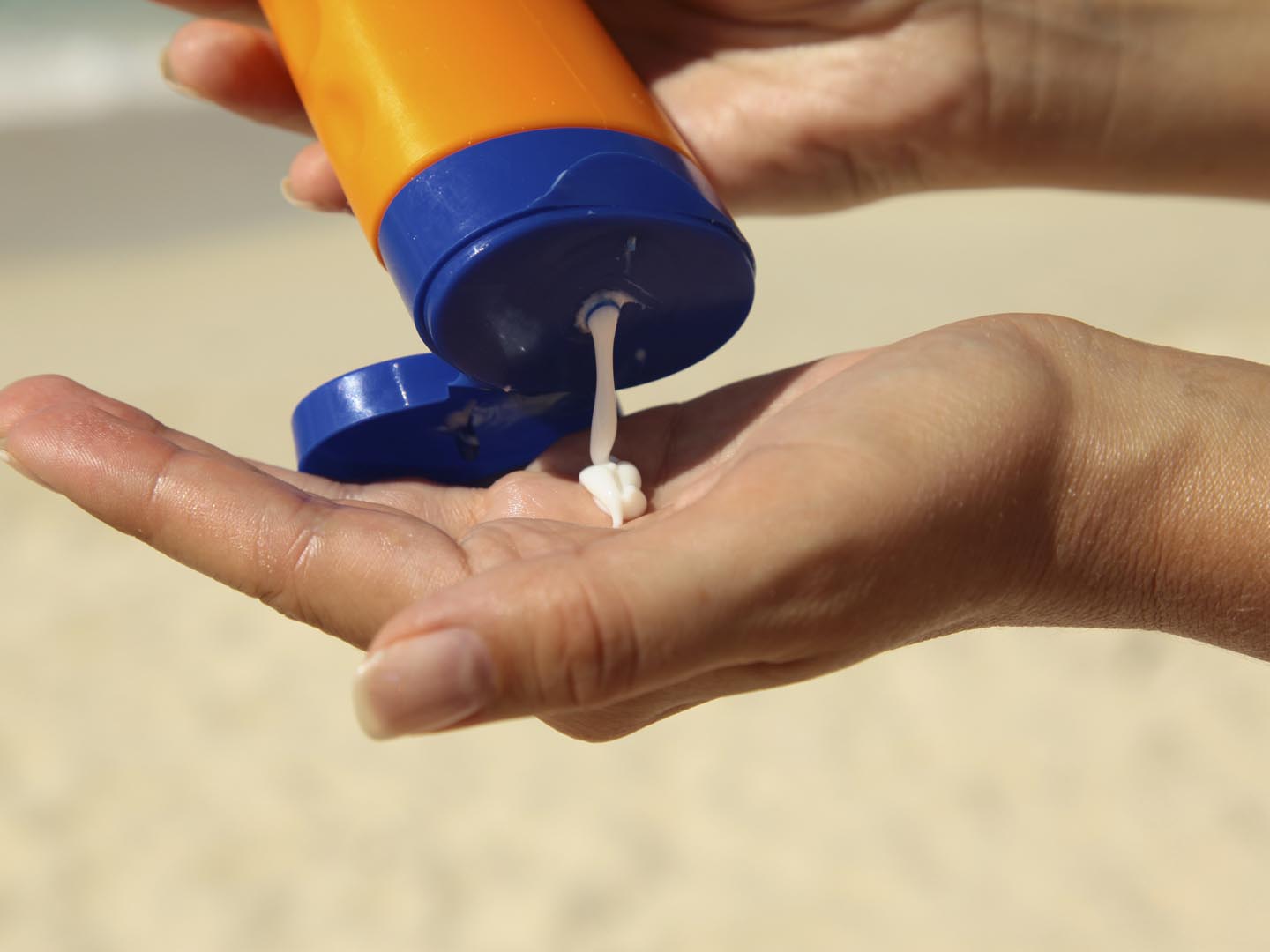Can Air Pollution Cause Hair Loss?
Is it true that air pollution can lead to hair loss?
Andrew Weil, M.D. | December 6, 2019

Recent research has suggested that some types of air pollution can affect levels of proteins in cells in the human scalp that are responsible for hair growth. We’ve long known that exposure to air pollution can increase the risks of heart attack, stroke, respiratory disease and cancer, but until recently there has been little to no research on the effect of exposure to air pollution on human skin and hair, according to Hyuk Chul Kwon, a scientist with the Future Science Research Center in the Republic of Korea.
Kwon and his colleagues investigated the effect of air pollution on cells from the scalp at the base of hair follicles. They first exposed these cells to various concentrations of dust and diesel particulate matter. After 24 hours, the researchers performed “western blotting,” a test that measures levels of specific proteins in cells. Results showed that the presence of the pollutants decreased levels of proteins responsible for hair growth and hair retention.
The higher the level of pollutants to which the cells were exposed, “the bigger this impact seemed to be,” Kwon said. He presented the findings to an academy of dermatology in Madrid, Spain in October (2019) but noted that more research is needed to confirm the effects seen in the Korean studies and to understand how quickly “this affects people regularly exposed to pollutants in their day-to day-lives.”
While air pollution may play a role, hair loss is more likely to stem from aging, hormonal changes, illness or a family history of baldness. Other possible causes include severe stress, the damaging effects of hair treatments or styling, and habits of twisting or pulling your hair. Some prescription drugs can also lead to hair loss, including blood thinners and medications for gout, arthritis, depression, heart problems and high blood pressure. If you’re taking a drug for any of these conditions, check to see if hair loss is a side effect. You also might ask your doctor to test you for thyroid disease, another cause OF hair loss that is a common disorder among women.
You may be able to prevent further hair loss and encourage re-growth by including more omega-3 fatty acids in your diet. Try to eat salmon, sardines, herring, mackerel, or sablefish two or three times a week or take supplements of fish or algae oils. In addition, supplement with the essential omega-6 fatty acid, GLA (gamma-linolenic acid) in the form of black currant oil or evening primrose oil, available in capsules or soft gels at health food stores. Take 500 mg of either twice a day. Be patient with this one. You won’t see results for six to eight weeks.
Andrew Weil, M.D.
Source:
Hyuk Chul Kwon et al, “Effects of particulate matter on human dermal papilla,” presentation at the European Academy of Dermatology and Venereology Congress, Madrid, Spain, October (2019)












